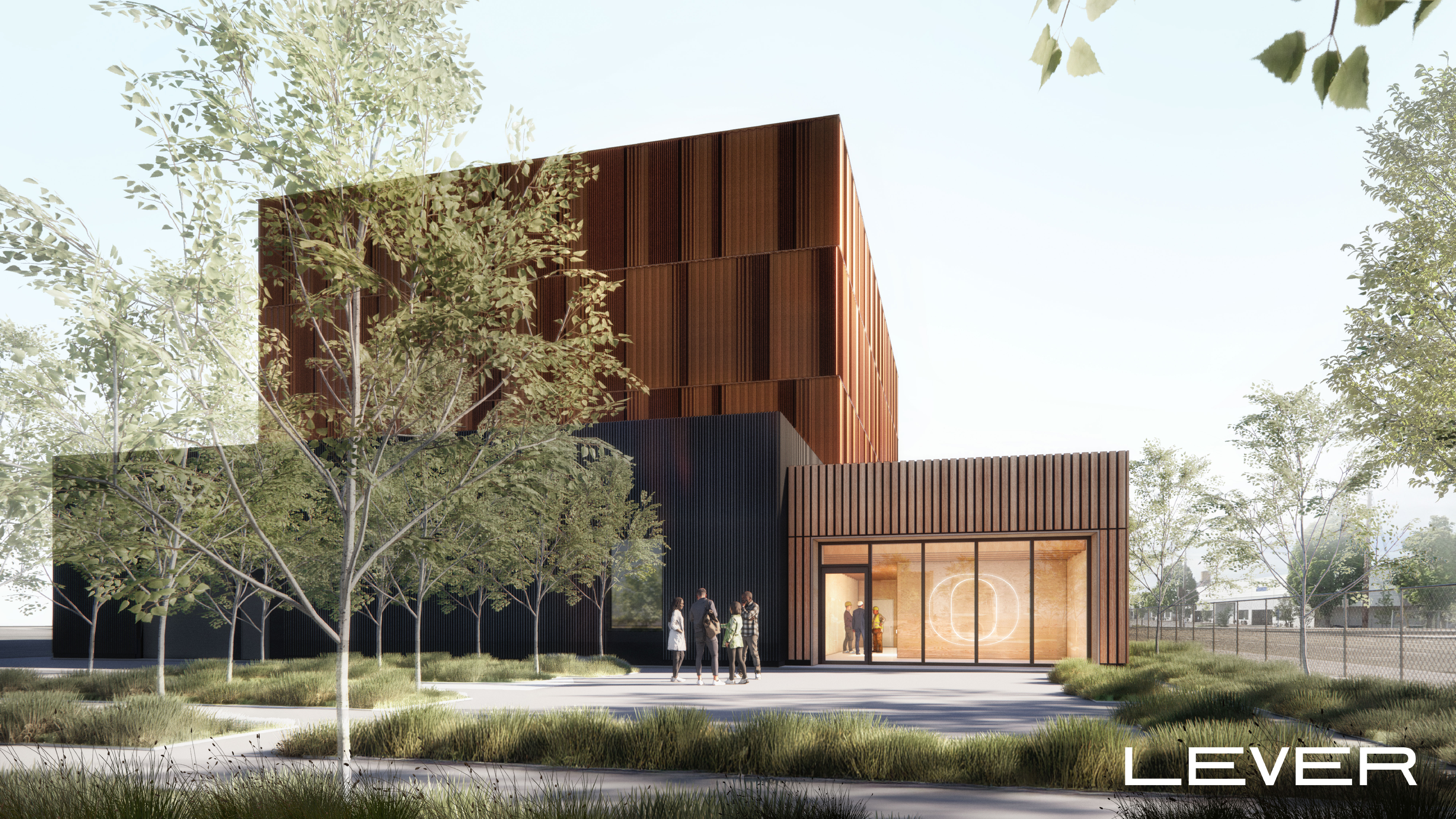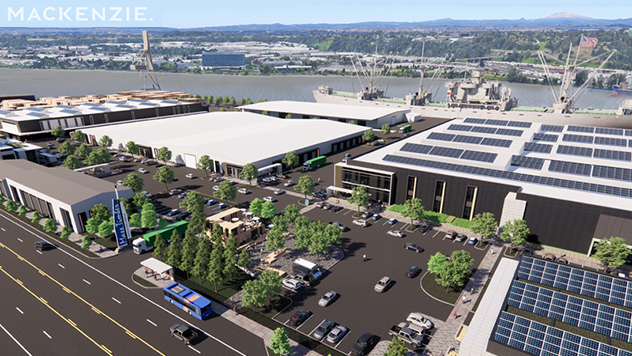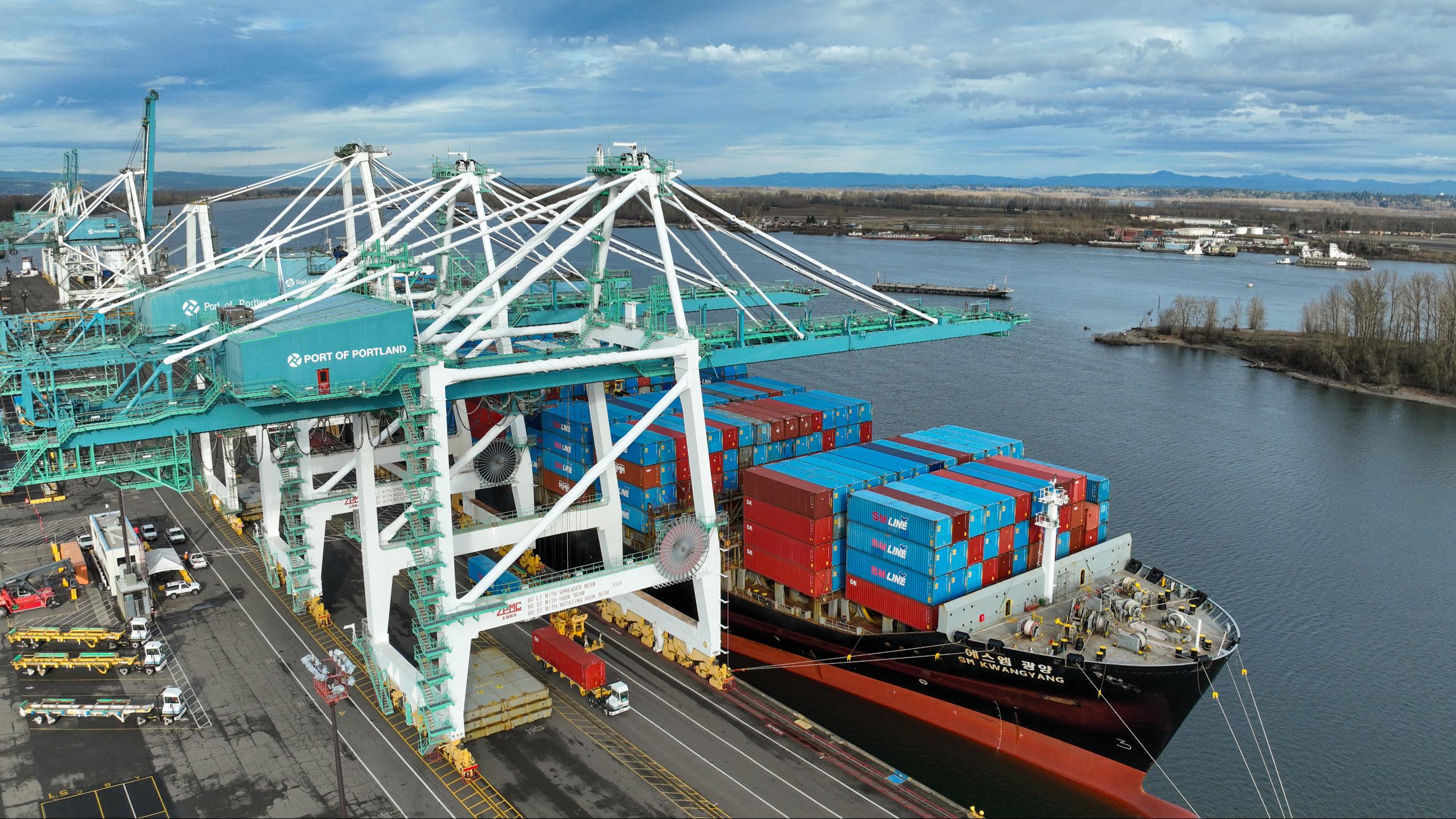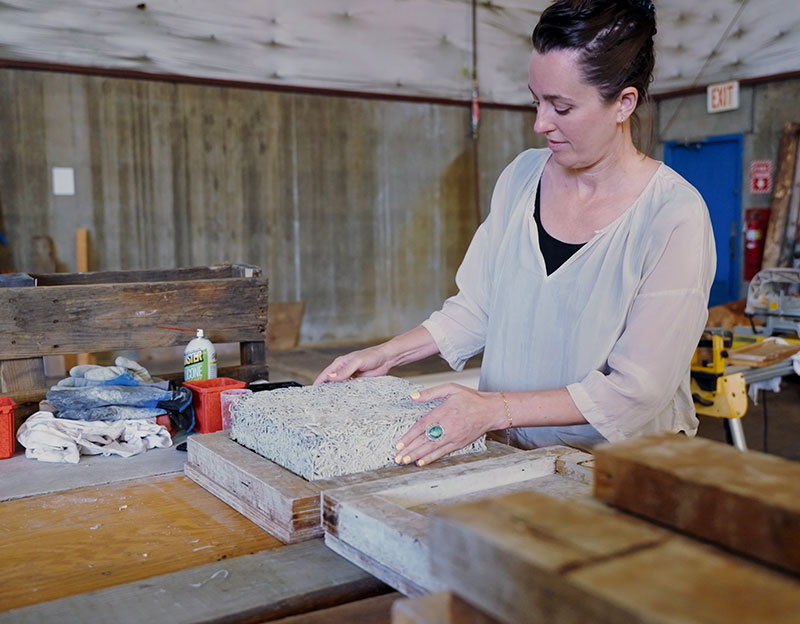timber and housing construction
We're transforming Terminal 2 into a hub for mass timber manufacturing, modern construction technologies, and housing — creating jobs for our communities and opportunities for small businesses in our region.
Mass Timber and Housing Innovation Campus at T2
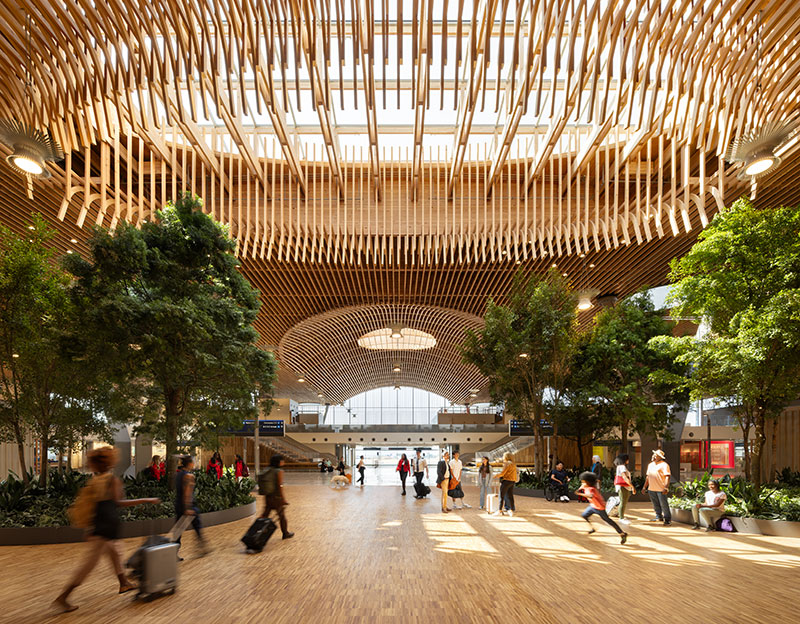
Raise the roof
The new PDX airport, built out of wood from Oregon and Washington forests, showed the world what's possible with mass timber and modular construction. It's a runway for new jobs and economic growth in the Pacific Northwest, and a guiding light for a more resilient future — and it's just the beginning.
Addressing the region's challenges
We're continuing to develop the mass timber ecosystem at our innovation campus while addressing one of our region's biggest challenges — housing — at the same time.
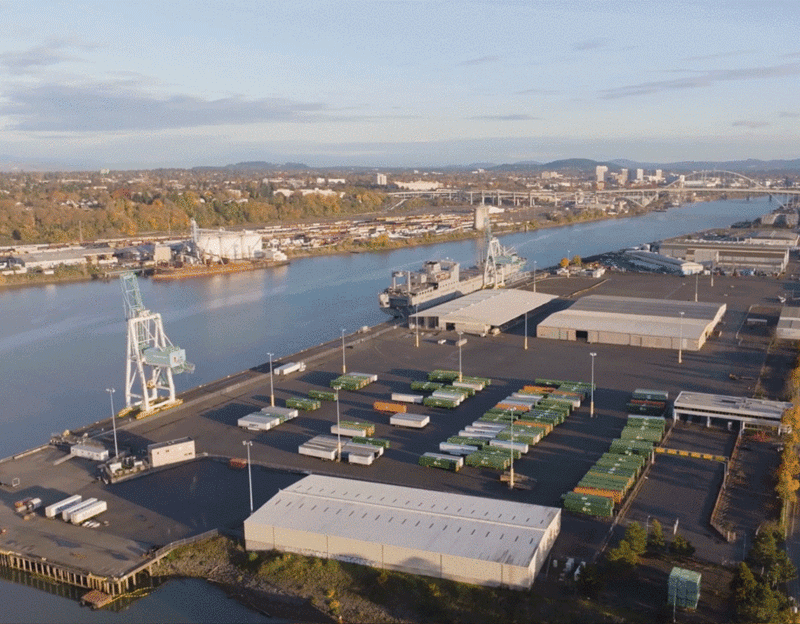
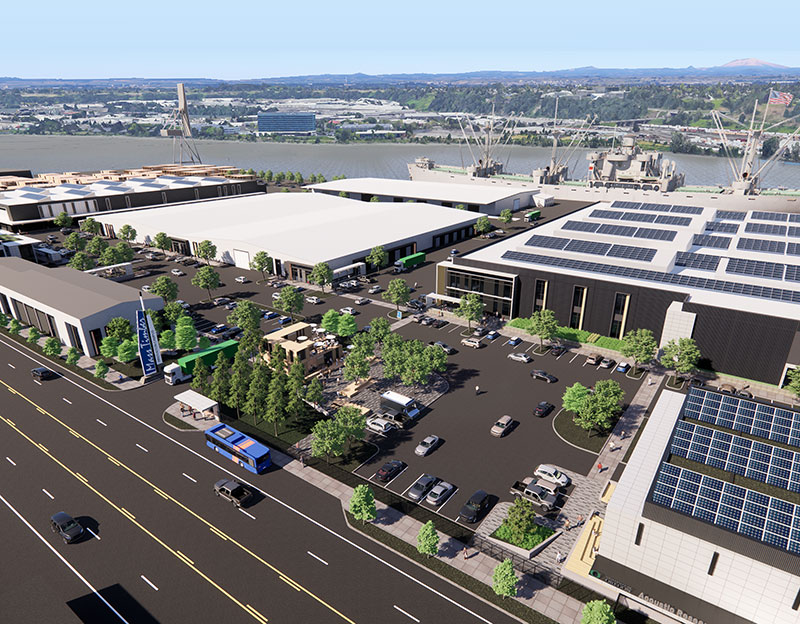
Innovation — and opportunity
The Mass Timber and Housing Innovation Campus is a place for manufacturers, suppliers, designers, innovators, builders and more to dream big.
When complete, the 39-acre campus in Northwest Portland will include manufacturing, research and development, skills training, and flexible space to help small and emerging businesses grow.
Why mass timber?
Jobs and small business opportunities
Expanding mass timber and housing manufacturing will require workers in forestry, advanced manufacturing, and construction, creating new jobs and opportunities for local businesses.
Helping address the housing shortage
Compared with traditional construction methods, modular housing built with mass timber can save time, reduce waste, and improve energy efficiency.
Improved forest and climate resiliency
Using smaller, lower-value wood that can be sourced from restoration lands can lower a project's carbon footprint and help reduce the risk of wildfires.
Campus Partners
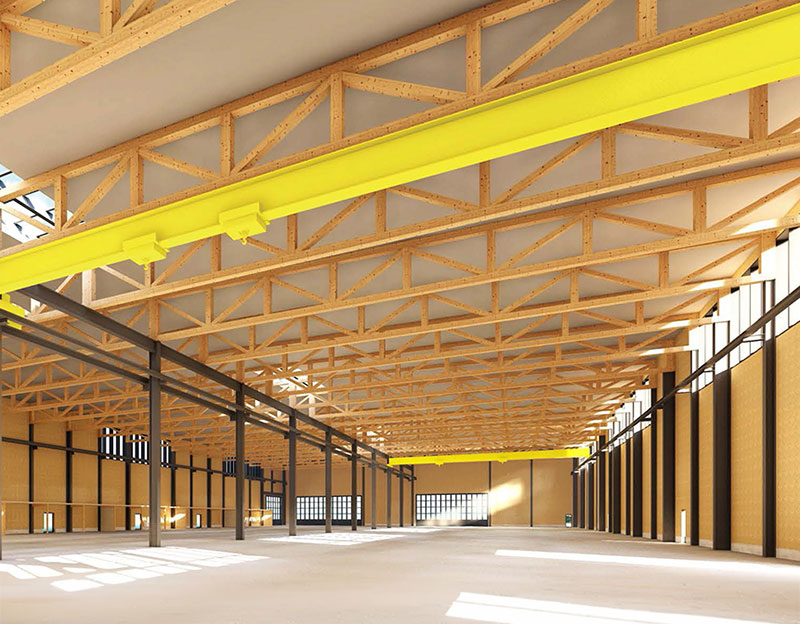
Manufacturing
Beams, columns, rafters and rooms — all the parts and pieces of a mass timber home, office, or industrial building — can be made here. In their Mass Timber and Housing Innovation Campus facilities, ZAUGG Timber Solutions, or ZTS, will be able to produce partial buildings or whole structures, which can then be shipped throughout the region or trucked to local worksites.
Research and development
Mass timber construction is a relatively new technology in the U.S., and there's still a lot we can learn. The University of Oregon's Acoustic Research Laboratory and Energy Studies Building Lab will provide on-site testing for sound and acoustics to improve how mass timber is used in residential settings and to develop new products.
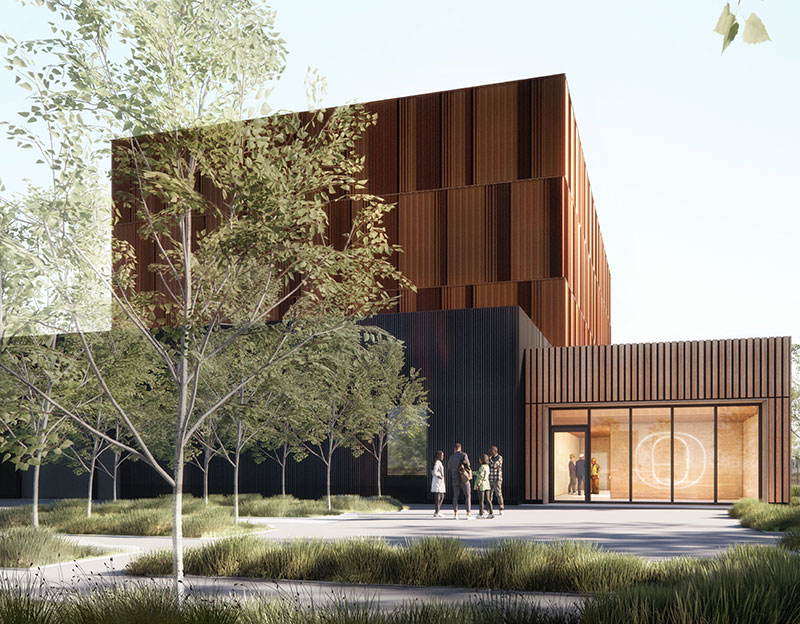
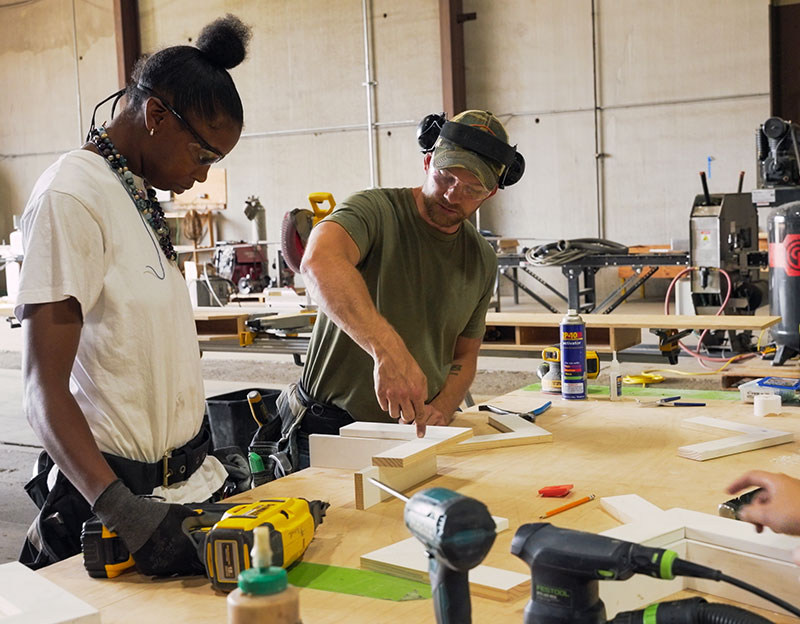
Job creation and training
To continue strengthening the roots of this growing industry, we need to prepare a workforce to take on mass timber jobs. The campus will support training and other workforce development opportunities to move Oregon's industry forward.
Small and emerging businesses
We're creating an ecosystem where businesses in the mass timber and building industries can connect, collaborate, and scale. By providing flexible space for small and emerging companies, and bringing together entrepreneurs and doers, we're fostering a new generation of timber and housing innovation.
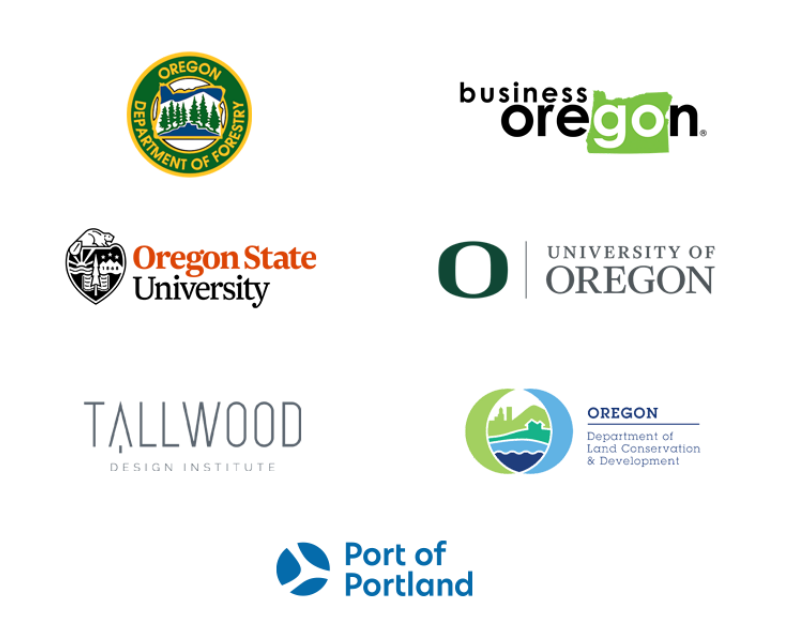
Coalition partners
Our committment to mass timber goes beyond the campus. We're partnering with the state's leading institutions and agencies to expand the mass timber industry in Oregon. With initial funding from the U.S. Economic Development Administration, and additional federal and state investments, the coalition is creating quality jobs, housing, and economic opportunity.
Recent Stories
